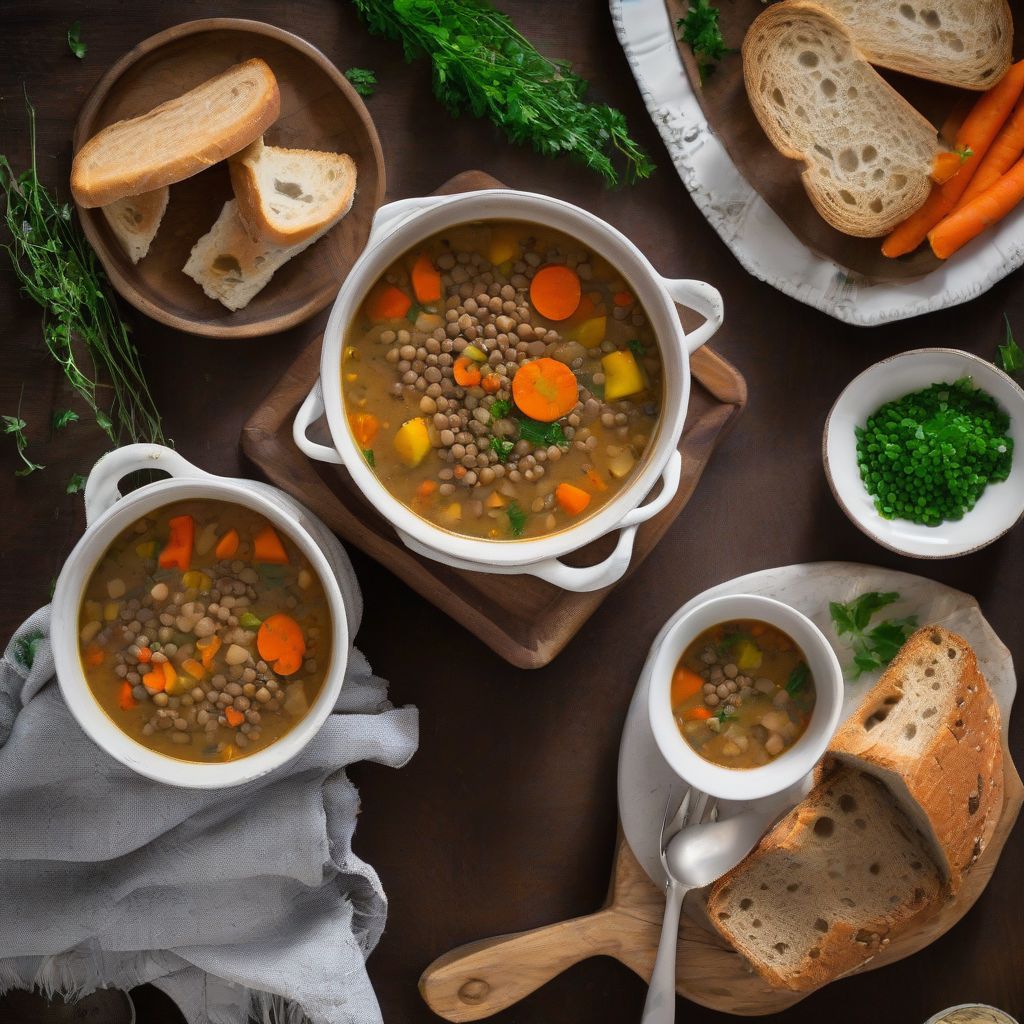Have you ever felt like building muscle and achieving your fitness goals on a vegetarian diet is like climbing a mountain with your hands tied? It’s a common misconception that vegetarians struggle to get enough protein. The truth is, with the right approach and a little know-how, a plant-based diet can be a powerhouse for fitness enthusiasts. This article dives deep into the world of high-protein vegetarian recipes, providing you with the tools and knowledge to fuel your body effectively and reach your fitness goals.
Why Protein is Crucial for Fitness
Protein is the building block of muscle tissue. Adequate protein intake is essential for muscle repair, growth, and overall recovery after workouts. It also plays a crucial role in satiety, keeping you feeling fuller for longer and helping manage your weight. For those striving for peak physical performance, protein is non-negotiable.
Debunking the Vegetarian Protein Myth
Many believe that vegetarians automatically fall short on protein. This couldn’t be further from the truth! Plenty of plant-based foods are packed with protein, including lentils, beans, quinoa, tofu, tempeh, edamame, nuts, and seeds. By incorporating these foods into your diet strategically, you can easily meet your protein needs.
High-Protein Vegetarian Breakfast Recipes
Starting your day with a protein-rich breakfast sets the tone for sustained energy and muscle recovery.
Overnight Oats with Protein Boost
Combine rolled oats, chia seeds, your favorite plant-based milk (almond, soy, or oat), and a scoop of protein powder. Add toppings like berries, nuts, or seeds for extra flavor and nutrients. Prepare it the night before for a grab-and-go breakfast.
Tofu Scramble with Veggies
Crumble tofu and sauté it with your favorite vegetables like onions, peppers, and spinach. Season with turmeric, nutritional yeast, and black salt for a cheesy, eggy flavor.
High-Protein Vegetarian Lunch Recipes
Maintain your momentum throughout the day with these protein-packed lunch options.
Quinoa Salad with Black Beans and Corn
This colorful salad is a complete protein source, combining quinoa, black beans, corn, bell peppers, and a zesty lime dressing.
Lentil Soup with Whole-Wheat Bread
A hearty and comforting lentil soup provides a substantial dose of protein and fiber, keeping you satisfied and energized.
 High-Protein Vegetarian Lentil Soup
High-Protein Vegetarian Lentil Soup
High-Protein Vegetarian Dinner Recipes
Replenish your muscles and support recovery after your workout with these delicious dinner recipes.
Vegetarian Chili with Kidney Beans and Tofu
A flavorful and protein-rich chili packed with kidney beans, tofu, and vegetables. Serve with brown rice or whole-wheat bread for a complete meal.
Tofu Stir-Fry with Brown Rice
A quick and easy stir-fry using tofu, your favorite vegetables, and a flavorful sauce. Serve over brown rice for a balanced and satisfying meal.
Snacks for Sustained Protein Intake
Keep your protein levels topped up between meals with these convenient and nutritious snacks.
Trail Mix with Nuts and Seeds
A mix of nuts, seeds, and dried fruit provides a healthy dose of protein, healthy fats, and fiber.
Edamame
Steamed or roasted edamame is a quick and easy snack packed with protein and fiber.
Tips for Maximizing Protein Absorption
Combine different plant-based protein sources to ensure you’re getting all the essential amino acids. Consume protein throughout the day, rather than in one large meal, to optimize absorption. Pair your protein with carbohydrate sources to enhance muscle glycogen replenishment.
Expert Insights
“As a Registered Dietitian, I often recommend plant-based protein sources to my clients. They are not only excellent for muscle building but also offer a wealth of other health benefits.” – (Fictional quote from a Registered Dietitian)
“The Complete Vegetarian Cookbook” provides a comprehensive guide to creating delicious and nutritious vegetarian meals, including many high-protein options. – (Fictional book reference)
Calculating Your Protein Needs
A general guideline is to consume 0.8 grams of protein per kilogram of body weight. However, athletes and individuals with higher fitness goals may require more. Consult with a Registered Dietitian or a Certified Sports Nutritionist to determine your specific needs.
Conclusion
Achieving your fitness goals on a vegetarian diet is not only possible but also incredibly rewarding. By incorporating these high-protein vegetarian recipes and strategies into your meal plan, you can fuel your body effectively, build muscle, and reach your full potential. Remember, consistency and a balanced approach are key to long-term success. What are your favorite high-protein vegetarian recipes? Share your thoughts and experiences in the comments below! Explore more healthy eating tips and recipes on our website.



